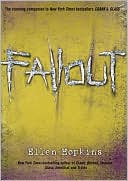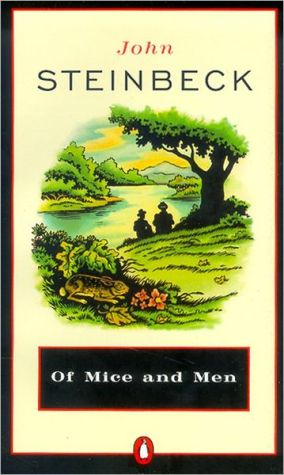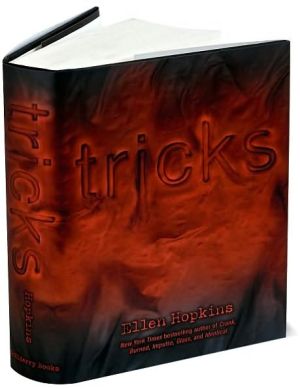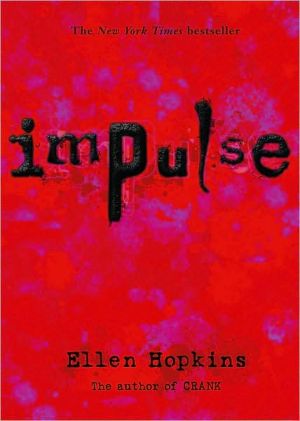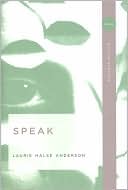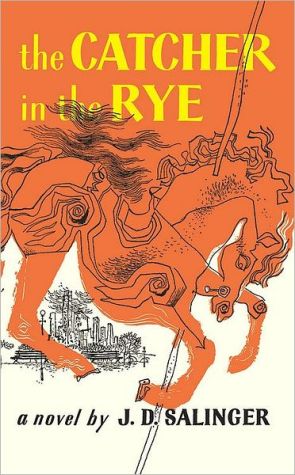I'll Get There. It Better Be Worth the Trip.
The 40th anniversary edition of a groundbreaking teen classic\ When the grandmother who raised him dies, Davy Ross, a lonely thirteen-year-old boy, must move to Manhattan to live with his estranged mother. Between alcohol-infused lectures about her self-sacrifice and awkward visits with his distant father, Davy’s only comfort is his beloved dachshund Fred. Things start to look up when he and a boy from school become friends. But when their relationship takes an unexpected turn, Davy struggles...
Search in google:
The 40th anniversary edition of a groundbreaking teen classicWhen the grandmother who raised him dies, Davy Ross, a lonely thirteen-year-old boy, must move to Manhattan to live with his estranged mother. Between alcohol-infused lectures about her self-sacrifice and awkward visits with his distant father, Davy’s only comfort is his beloved dachshund Fred. Things start to look up when he and a boy from school become friends. But when their relationship takes an unexpected turn, Davy struggles to understand what happened and what it might mean.“Shattering… frank… intelligent.”—Horn Book“This book… should be available wherever young people read.”—New York Times“Sophisticated… remarkably touching.” —Time magazine New York Times Best of 1969 Book List School Library Journal Best of 1969 Book ListThis anniversary edition features reflections from Brent Hartinger (Geography Club), Martin Wilson (What They Always Tell Us), and Kathleen T. Horning (Director of the Cooperative Children’s Book Center), with a foreword by Stacey Donovan (Dive). VOYAIn 1969, the relatively new genre of young adult literature was rocked by the publication of John Donovan's lyrical and touching novel, I'll Get There. It Better Be Worth the Trip. Narrated by Davy Ross, a lonely and uprooted thirteen year old, the book is considered the first for teens to address homosexuality. Long out of print, the novel has been reissued with thought-provoking essays by other young adult authors and a charming foreword by the late author's niece. After Davy's grandmother dies, he is forced to move to New York to live with his estranged alcoholic mother. Coping with maudlin lectures on self-sacrifice from his mother and awkward visits with his divorced father, Davy's only friend seems to be his dog, Fred, until he befriends schoolmate Douglas Altschuler. When their companionship becomes unexpectedly physical, however, Davy is left confused and heartsick, attempting to make sense of it all. For its time, Donovan's novel is startlingly outspoken and honest in its presentation of a young teen questioning his sexuality. Although the encounters between the boys are never described explicitly, neither is their relationship glossed over. At the novel's close, Davy rather confusedly speculates about his connection with Douglas and where it might lead. Such is the author's skill that the reader knows this young man's journey of self-discovery will get him to his "there," wherever it may be. This welcome fortieth-anniversary edition of a YA classic is an essential purchase for all libraries. Reviewer: Jamie Hansen
\ VOYA\ - Jamie Hansen\ In 1969, the relatively new genre of young adult literature was rocked by the publication of John Donovan's lyrical and touching novel, I'll Get There. It Better Be Worth the Trip. Narrated by Davy Ross, a lonely and uprooted thirteen year old, the book is considered the first for teens to address homosexuality. Long out of print, the novel has been reissued with thought-provoking essays by other young adult authors and a charming foreword by the late author's niece. After Davy's grandmother dies, he is forced to move to New York to live with his estranged alcoholic mother. Coping with maudlin lectures on self-sacrifice from his mother and awkward visits with his divorced father, Davy's only friend seems to be his dog, Fred, until he befriends schoolmate Douglas Altschuler. When their companionship becomes unexpectedly physical, however, Davy is left confused and heartsick, attempting to make sense of it all. For its time, Donovan's novel is startlingly outspoken and honest in its presentation of a young teen questioning his sexuality. Although the encounters between the boys are never described explicitly, neither is their relationship glossed over. At the novel's close, Davy rather confusedly speculates about his connection with Douglas and where it might lead. Such is the author's skill that the reader knows this young man's journey of self-discovery will get him to his "there," wherever it may be. This welcome fortieth-anniversary edition of a YA classic is an essential purchase for all libraries. Reviewer: Jamie Hansen\ \

